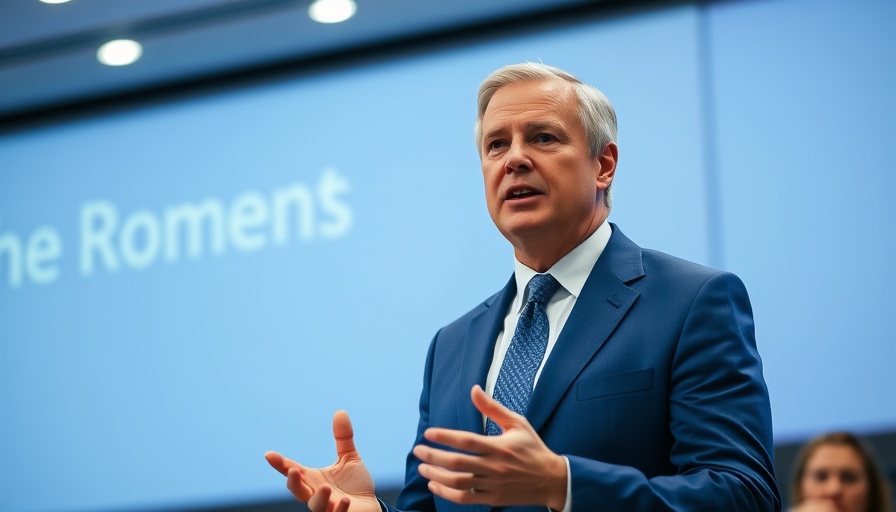
Trump's Business Claims and Bank Reactions
In the ever-evolving landscape of American business, a claim by former President Donald Trump has garnered attention. He asserts that major financial institutions, specifically JPMorgan Chase and Bank of America, refused to engage with his business interests. This assertion raises questions about the relationship between prominent entrepreneurs and large banks, and what it means for small businesses trying to navigate these waters.
The Banking Sector's Perspective
The banks' responses to Trump's claims reflect a growing concern about risk and accountability in the financial sector. JPMorgan and BofA, both titans in the banking industry, are known for their rigorous vetting processes, especially post-2008 financial crisis. Critics argue that this is a symptom of a broader issue where banks are hesitant to work with high-profile figures with controversial reputations, raising essential questions around corporate governance and social responsibility.
Impact on Small Businesses and Startups
The implications of Trump's claims extend beyond one individual. Small businesses and startups in the Bay Area, particularly in the tech industry, rely heavily on stable banking relationships. This situation highlights broader challenges they might face in securing funding or partnerships as they grow and innovate. With venture capital becoming increasingly cautious, understanding how larger banks value these relationships can offer insights into their own funding strategies.
Shifting Trends in the Banking Industry
The evolving dynamics between major banks and clients signal a trend towards a more discerning banking environment. As banks prioritize sustainability and ethical governance, understanding these shifts can help entrepreneurs navigate their financial strategies effectively. Moreover, this could reshape how venture capitalists assess startups in the future, as they align with partners who share their values.
The Future of Business Relations
As the business landscape continues to redefine itself, industry watchers are keen to see how these changes affect organizational structures and partnerships. The increasing focus on corporate social responsibility may lead to more significant investments in companies that prioritize sustainable practices and demonstrate ethical governance. Thus, business leaders must adapt by aligning their operations with these emerging values to attract banks and investors alike.
Conclusion: The Broader Economic Implications
Trump's ongoing battle with finance giants serves as a reminder of the complex interplay between reputation and financial success. Understanding the implications for both large corporations and smaller entities is essential in an uncertain economic climate. To thrive, businesses must continue to innovate, adapt to shifting regulations, and ensure their values align with their partners. With these insights, entrepreneurs can better position themselves for success in an evolving landscape.
 Add Row
Add Row  Add
Add 



Write A Comment